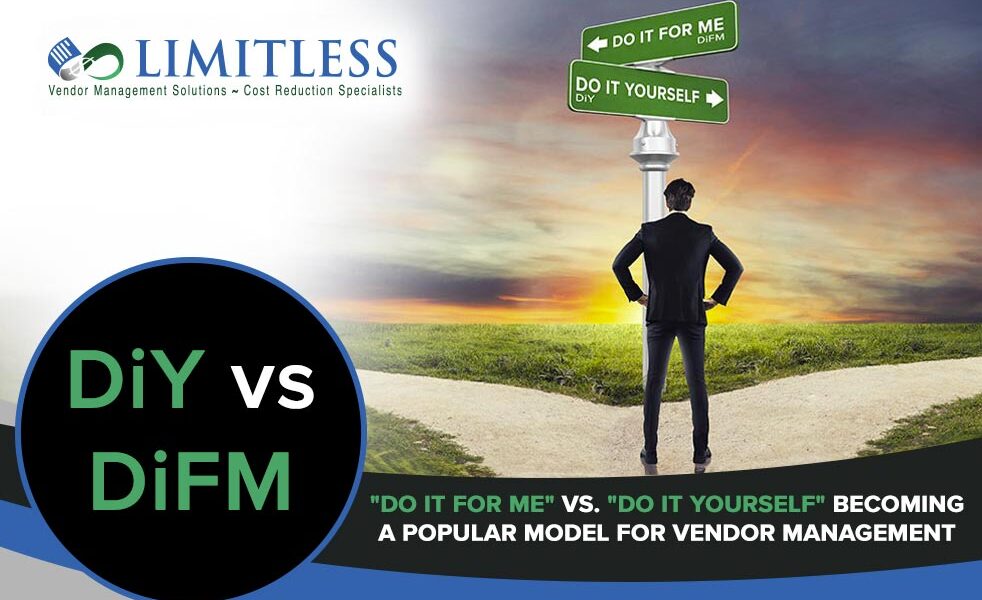Recently, I was brought a strong question from my brilliant daughter (who is attending the University of Florida, and pursuing her Bachelor’s degree in Marketing). Her question was…”Do companies sometimes love themselves too much?”
Being the curious and investigative type, it led me to my favorite question, “What do you mean?”
She explained further, “The companies we run, own or work for can be very close to our hearts. We can love the company culture, the way they do business, and even what they do for society. However, our “love” can blind us from the imperfections of our company. We may think, because we like the people we work with, that they are catching every error that they make and we may think that our company runs “well enough” and that it is running cost efficiently enough even when it isn’t.”
So as usual, after stopping being impressed by her comment and thought process, I was compelled to provide what I was hopeful to be a fairly intellectual thought.
I see it this way; all Leaders of Companies have a dream or a vision. That Vision involves people. People that:
- Will perform over and above expected deliverables.
- Have the ability to perform their task that drive their company’s revenues or profits the most.
- Will give 110% at their jobs, because we do.
We also build cultures where we are “incredibly passionate” about we do. We expect the people we employ, no matter what their skill set or training, to have that passion and do more than they may be capable of to enhance our dreams. Because we hire great people, and hired them in a specific function of the business in which they are brilliant, we sometimes expect them to be “brilliant” or “experts in all areas of the business. But is that real? Is it fair? Are we “experts” in everything? As my daughter put it, we may just be “blinded” by our “love” for success. However, successful organizations realize there are needs beyond their “culture” or “people’s capability.” Let’s see where that may be applicable…
- If a legal battle ensues over HIPPA compliance for a hospital based on the breech of electronic information from a server in IT, do we expect the CIO to legally defend our position of electronic security and integrity in court? Or do we seek “expert” legal advice and defense internal and “externally” to ensure we defend ourselves the best?
- If one of our people in HR becomes sick, although they provided the entire company employee base with a wellness program, do we expect them to “heal” themselves? Or do we expect them to seek out the “best” treatment and “expert” resource to become healthy again?
- If our earnings are high, and we need to ensure our tax liabilities are in the “best order”, do we only trust our internal resources to make final tax decisions, or do we seek out the “highest” level of “professional” tax guidance possible to “ensure” we make the best business choices to minimize our ”risks and liabilities”?
- Or even simpler, if our business has a pest infestation, do we ask any of our employees to go get the appropriate chemicals and treat the issue as needed, or do we have them call an “expert” to “remove the issue and concerns?
- Are there not many more examples where we use external resources to “guarantee” we will get the best advice, guidance, resource or service?
I would say yes.
As I believe would you, in recognition that no matter “how well run”, “how great our cultures are” or “that our Company runs well enough”, where we can’t better our businesses by “recognizing” our employees may need the assistance of “expert” external guidance, (just as we seek for ourselves) when it comes to making our businesses the “best they can be”.
Let’s “love” our businesses enough to realize that it’s the right thing to do.
Limitless Technology~CRS
Delivering expert results on: telecom auditing, telecom contract management, telecom expense management, and telecom billing optimization services.




